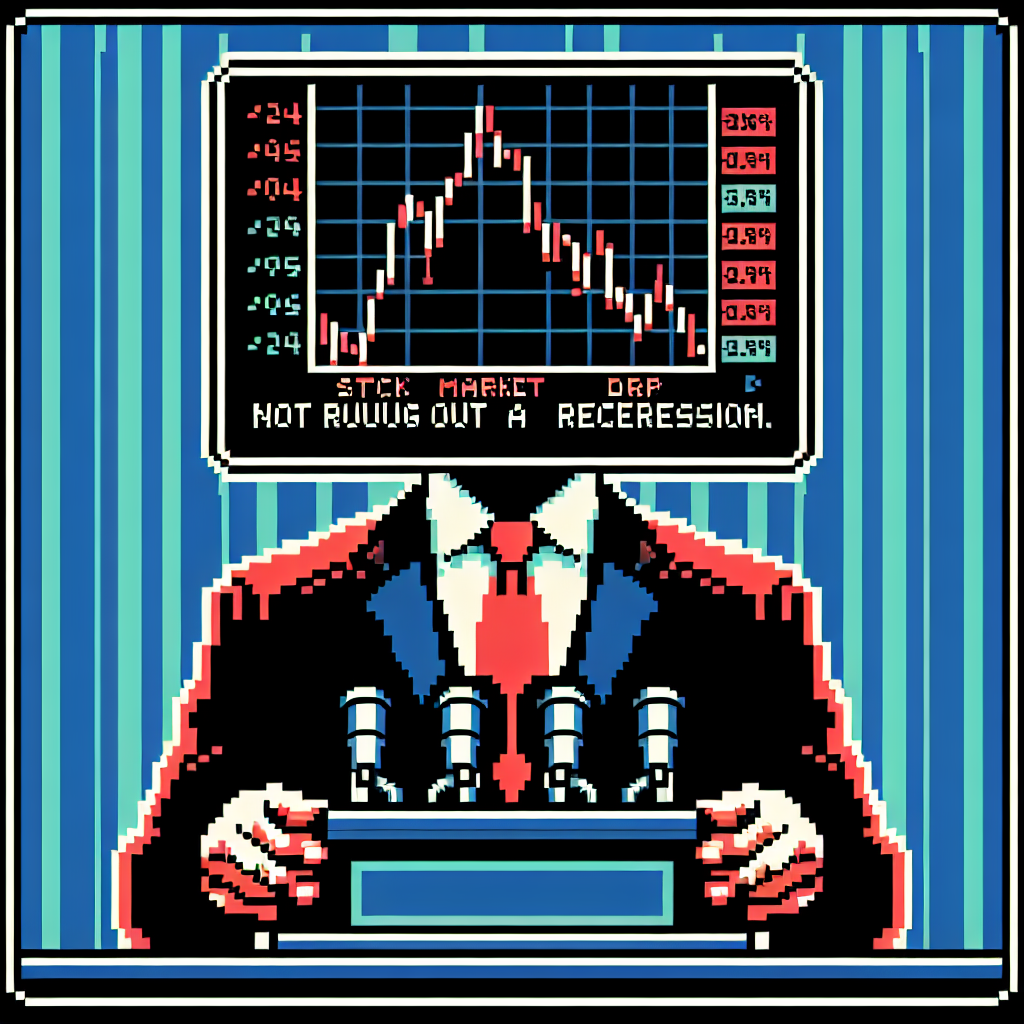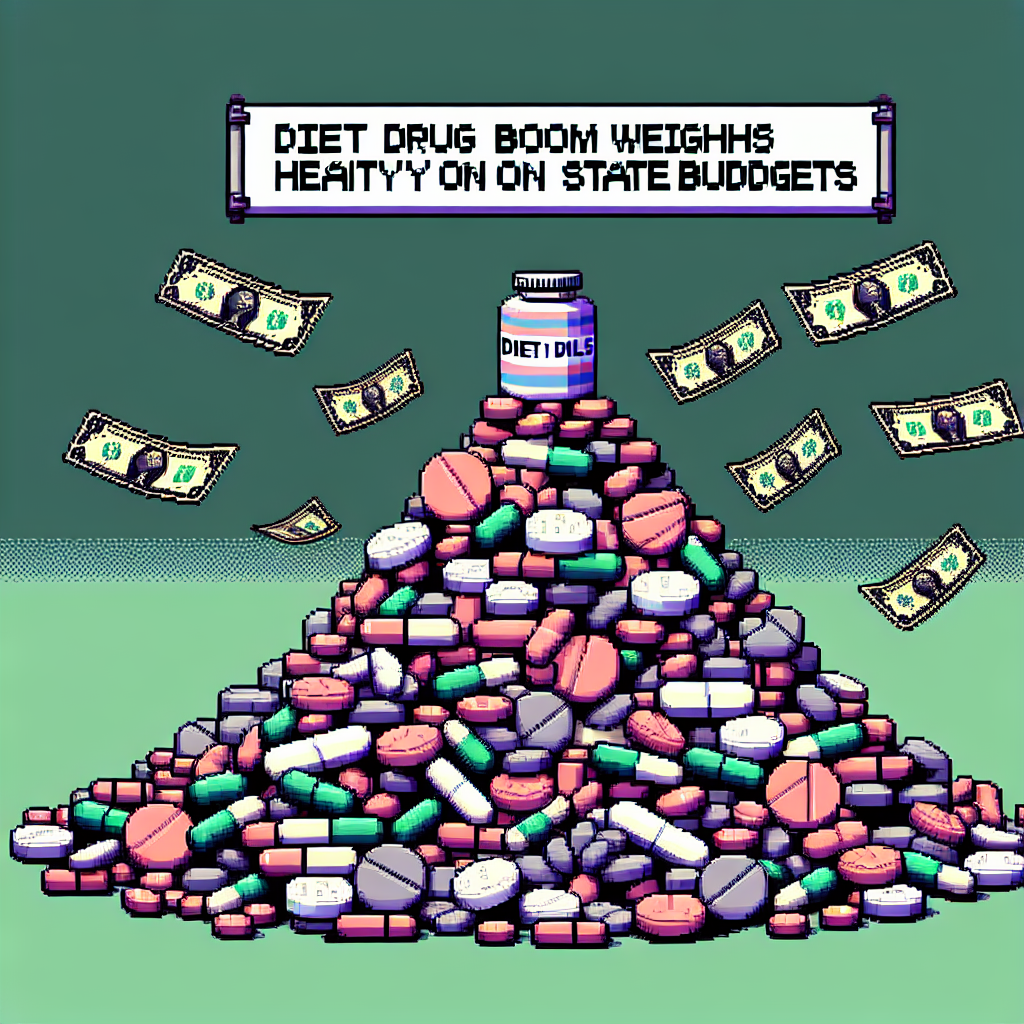US stocks drop after Trump says he won’t rule out a recession - CNN | Analysis by Brian Moineau
**Navigating the Economic Seas: When Stocks Dip and Leaders Speak**
Ah, the stock market—a wondrous ocean of opportunity, tumult, and, occasionally, a bit of seasickness. On a recent Monday, investors awoke to a sharp decline in US stocks. The culprit? A Sunday interview with former President Donald Trump, who suggested the US might face “a period of transition” and didn’t rule out the possibility of a recession. When a former leader of the free world makes such statements, it’s like a lighthouse signaling rough seas ahead, and investors understandably adjust their sails.
Now, before we all start stockpiling canned goods and gold bars, let's take a broader look at what's going on. Economic transitions and market fluctuations are part and parcel of the financial landscape—like the ebb and flow of tides. Trump's comments, while impactful, are just one piece of a larger puzzle.
Firstly, let's address the elephant in the room: the "R" word—recession. It's not exactly a term that inspires confidence, but it's also not the apocalypse. Recessions are natural parts of economic cycles. Historically, they have been followed by periods of growth and recovery. For instance, the recession that followed the 2008 financial crisis led to a lengthy bull market that lasted over a decade.
Trump's remarks come at a time when the global economy is already dealing with several stressors. The ongoing ramifications of the COVID-19 pandemic, supply chain disruptions, and geopolitical tensions, like those between Russia and Ukraine, have all been contributing factors to economic uncertainty. These elements are reminding us that the world is an interconnected web, where a tug on one thread can ripple across the globe.
Additionally, let's look at the Federal Reserve's role in this equation. The Fed, under the leadership of Jerome Powell, has been navigating these choppy waters with monetary policy adjustments, such as interest rate hikes aimed at curbing inflation. While these moves are necessary, they are also part of why investors feel a bit queasy. Higher interest rates can mean higher borrowing costs, which can slow down economic growth—hence the recession fears.
But let's not forget the resilience of markets and economies. Remember when Brexit was supposed to herald the end of the world? Or when the US-China trade war seemed an insurmountable hurdle? Markets have a way of adapting, recalibrating, and ultimately, growing.
As for Trump, love him or loathe him, his words carry weight. His presidency was marked by significant economic events, including tax reforms and trade negotiations. While no longer in office, his commentary still resonates and stirs the financial seas.
So, what’s a savvy investor to do in times like these? Perhaps the best course of action is to stay informed but not be swayed by every headline. Diversification remains a timeless strategy, and keeping a long-term perspective can help weather the storms. As Warren Buffett wisely advises, "Be fearful when others are greedy, and greedy when others are fearful."
In closing, while the stock market may have experienced a dip, it’s important to keep our eyes on the horizon. Economic cycles come and go, but the human spirit of innovation and resilience remains steadfast. Whether it’s through green energy advances, technological breakthroughs, or global cooperation, the world has a way of righting itself, even when the seas are rough.
So, fellow sailors of the market, let’s adjust our sails, keep a steady hand on the tiller, and ride out the waves with optimism. After all, calm seas never made skilled sailors.
Read more about AI in Business




